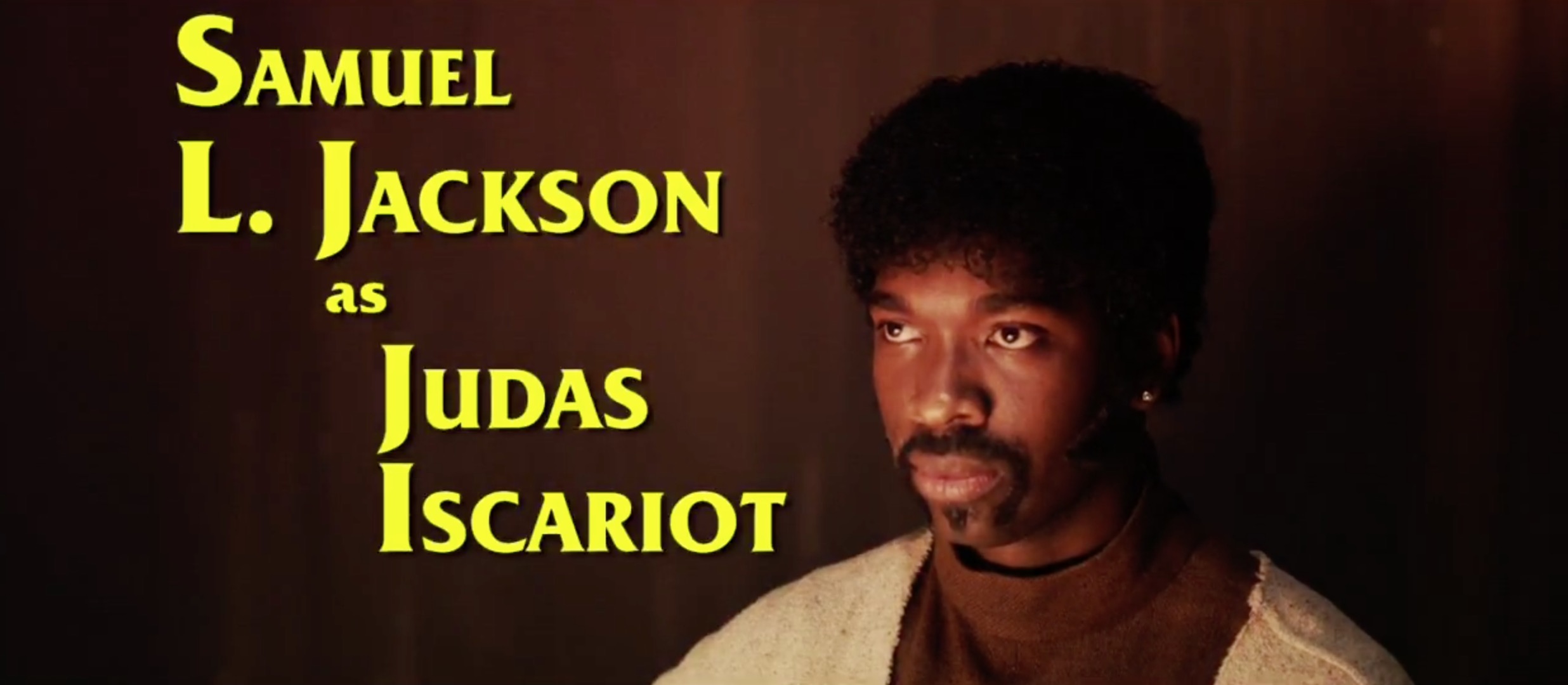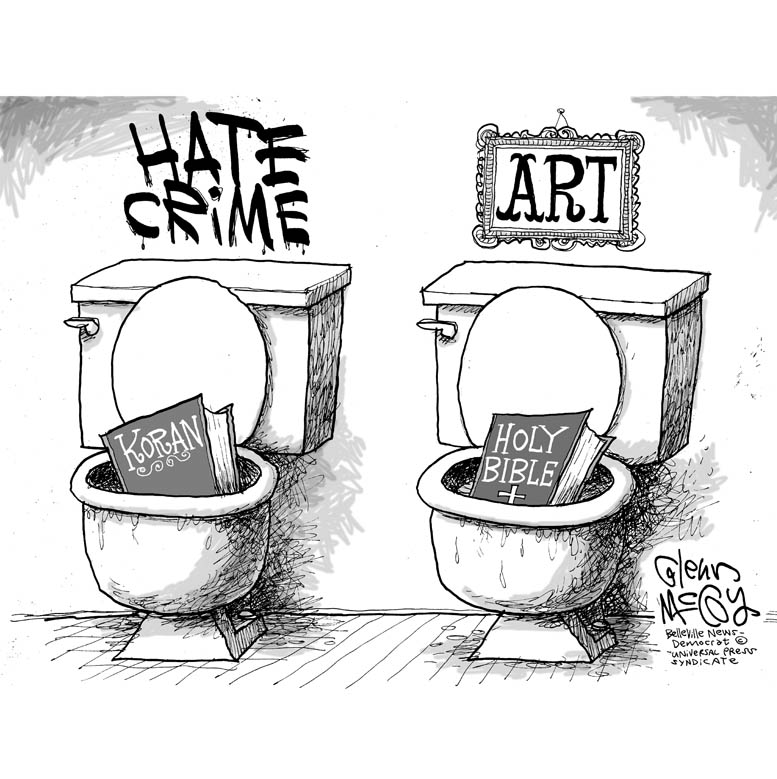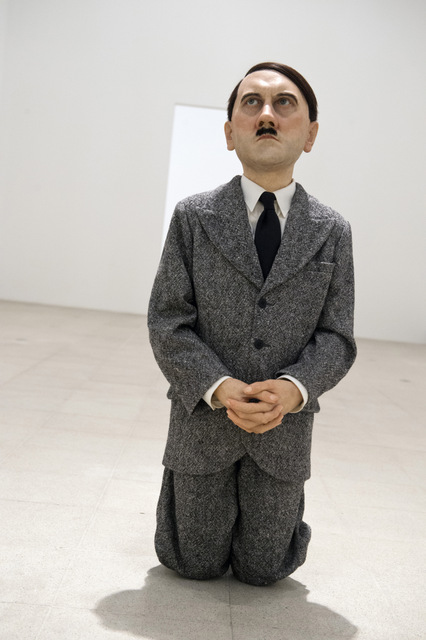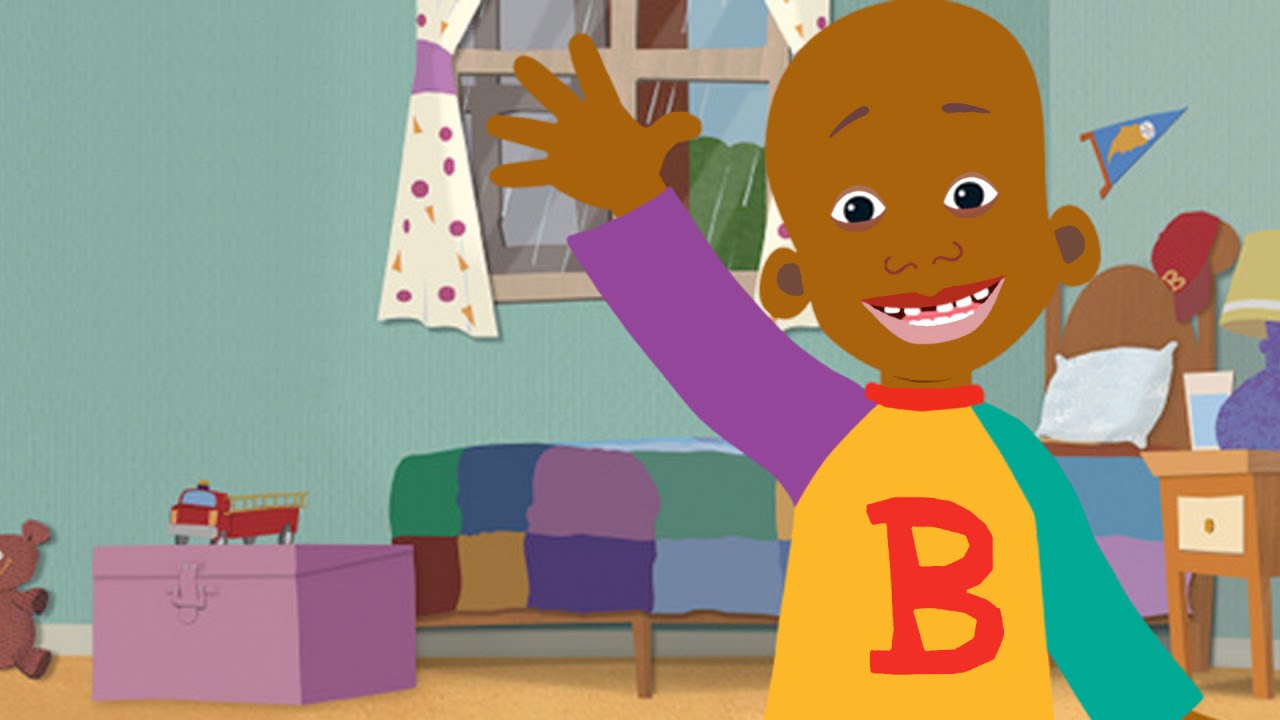
Freedom of religion and Freedom of Speech and Expression: Both are critical cornerstones of the United States constitution. So, what happens when those two come head to head? Well, they did just that when Saturday Night Live, the long-running celebrity sketch show, published a segment that created outrage and asked the question of whether there is a point when comedy can become crime.
Though known for doing controversial sketches in the past, ones that were often racially or politically charged, some of the biggest outcry from the public occurred when the sketch “Djesus Uncrossed” premiered. This satirical movie trailer was in direct response to the widely popular and notoriously bloody film “Django Unchained”, in which a former slave takes up revenge on all those who imprisoned him. In the SNL version, following this same story line, “Djesus” takes up arms against the Romans, brutally murdering and torturing them. Though right on the mark with its imitation, response from the public was anything but supportive. Many described being offended, and some groups, such as American Family Association were outraged by the display, deeming it “blasphemy.” They also demanded that advertising be pulled.
However, instances such as this are nothing new in comedy or SNL. Though the argument from the offended parties of these sketches is often that they are blasphemous, offensive, or even dangerous (in one sketch regarding the 2008 financial crisis, two names of real people involved were used as an example of “people who should be shot”), comedy is meant to balance and at times cross the line of what is okay and what isn’t. It is perhaps one of the purest forms of expression.
Furthermore, it is difficult to understand crime as being much more than a breaking of laws. In the United States, a crime can be committed through the targeting or discrimination of a person or religion, even if it is in the form of comedy. However, because comedy and crime seem rarely to overlap (that is in a court of law) there may be a collective mindset that because the crime takes the form of comedy, it cannot be held in the same regard as other forms of religious intolerance, and therefore controversial sketches are simply that, controversial and not criminal. Or perhaps, it is because the majority understand that comedy, though using offensive or seemingly discriminatory methods, is meant to shock the observer and draw the audience into a conversation on the very topic it is so blatantly making fun of. The sketch in which Tiger Woods (played by Kenan Thompson) gets more and more roughed up at the hands of his wife (Blake Lively) as his confessions of infidelity grow, resulted in mass outrage on twitter, with people calling it insensitive and misleading about gender roles in domestic abuse. Perhaps though, this resulting conversation, though not its primary goal, was an intended benefit of doing such a controversial sketch.
Comedy talks about subjects that people often avoid. Whether it is purely for comedic effect, or if there is a deeper intention behind these sketches, it is clear that the importance of SNL comedy outweighs the potential risk for crime.







